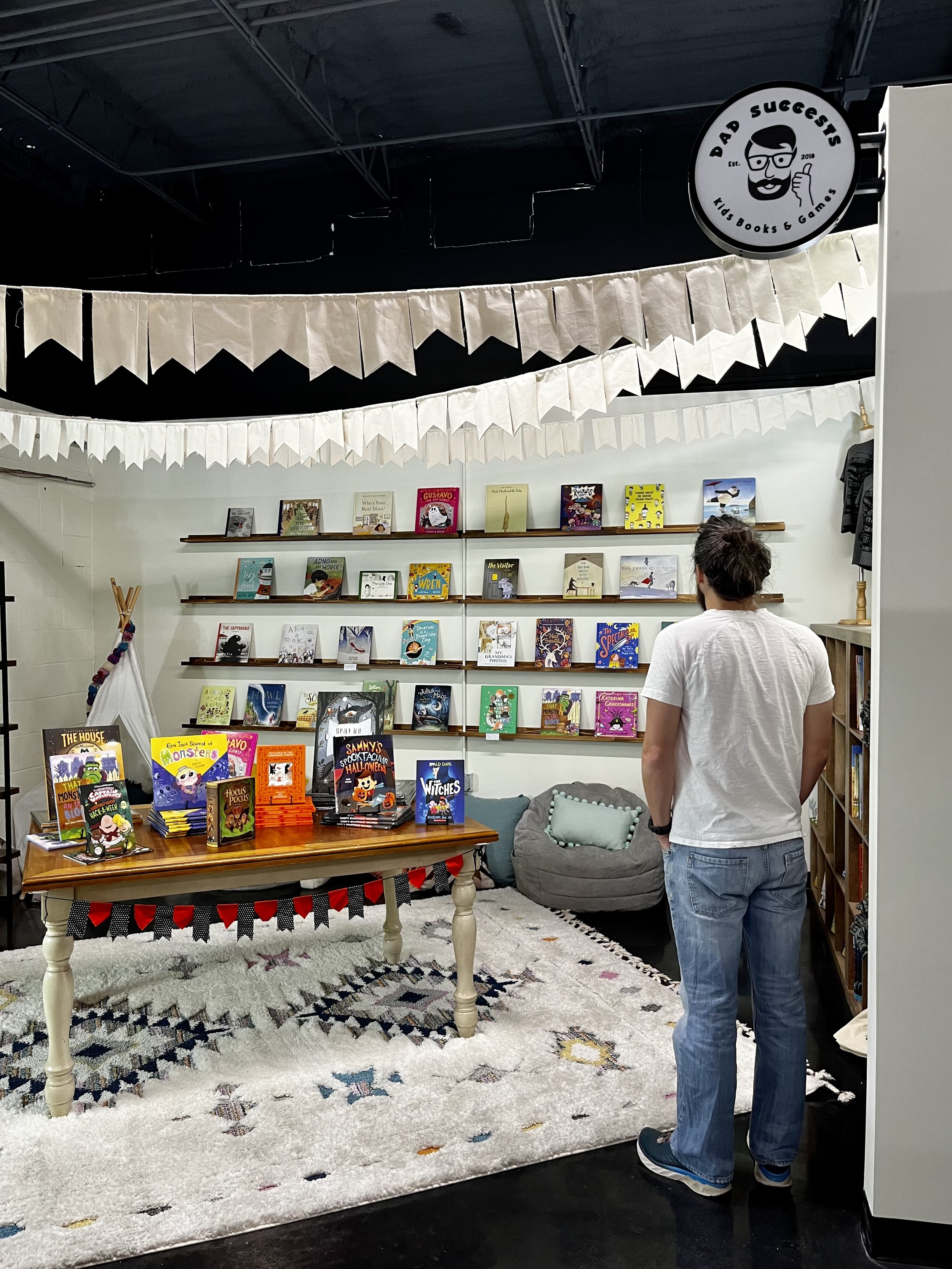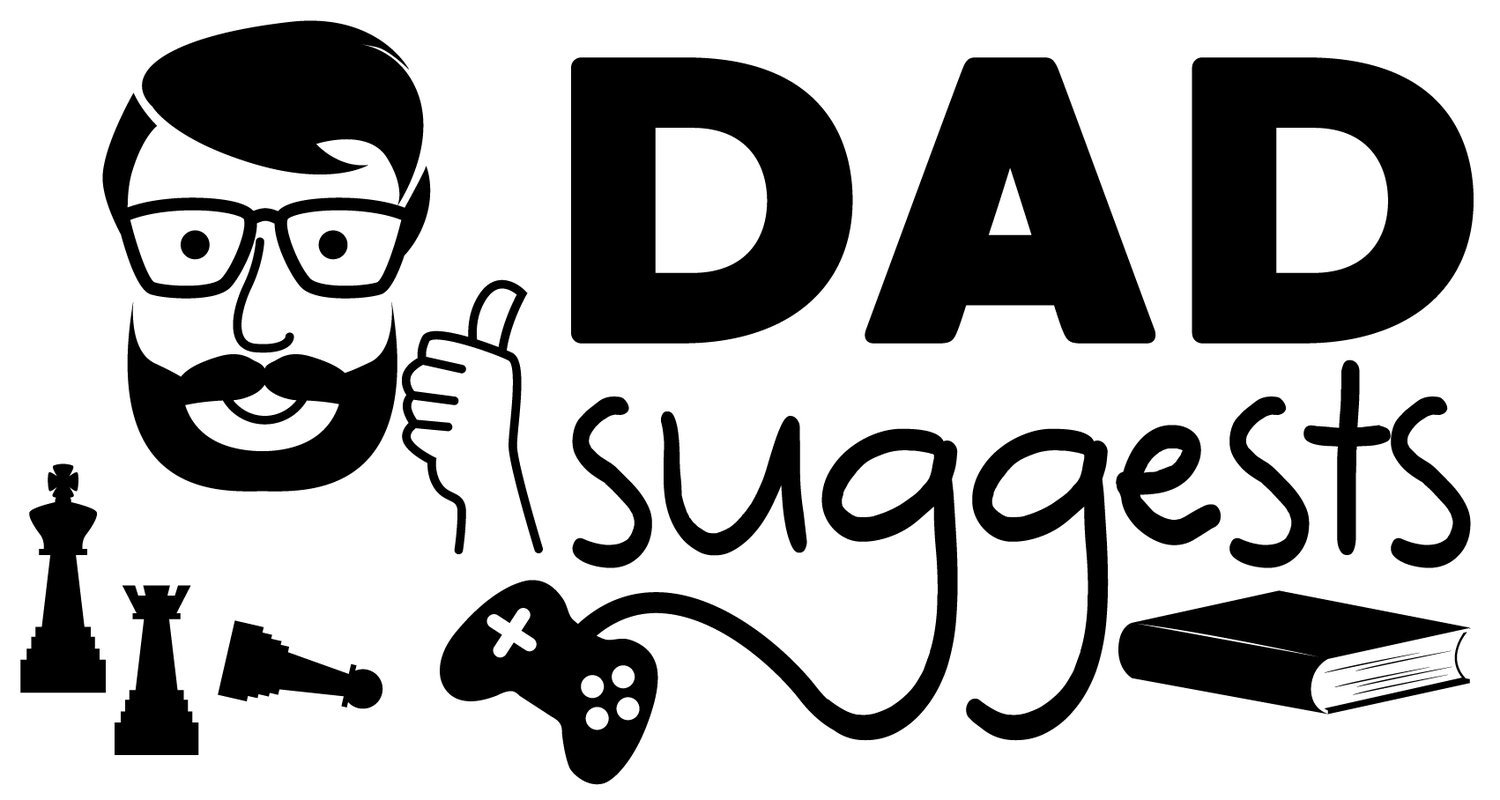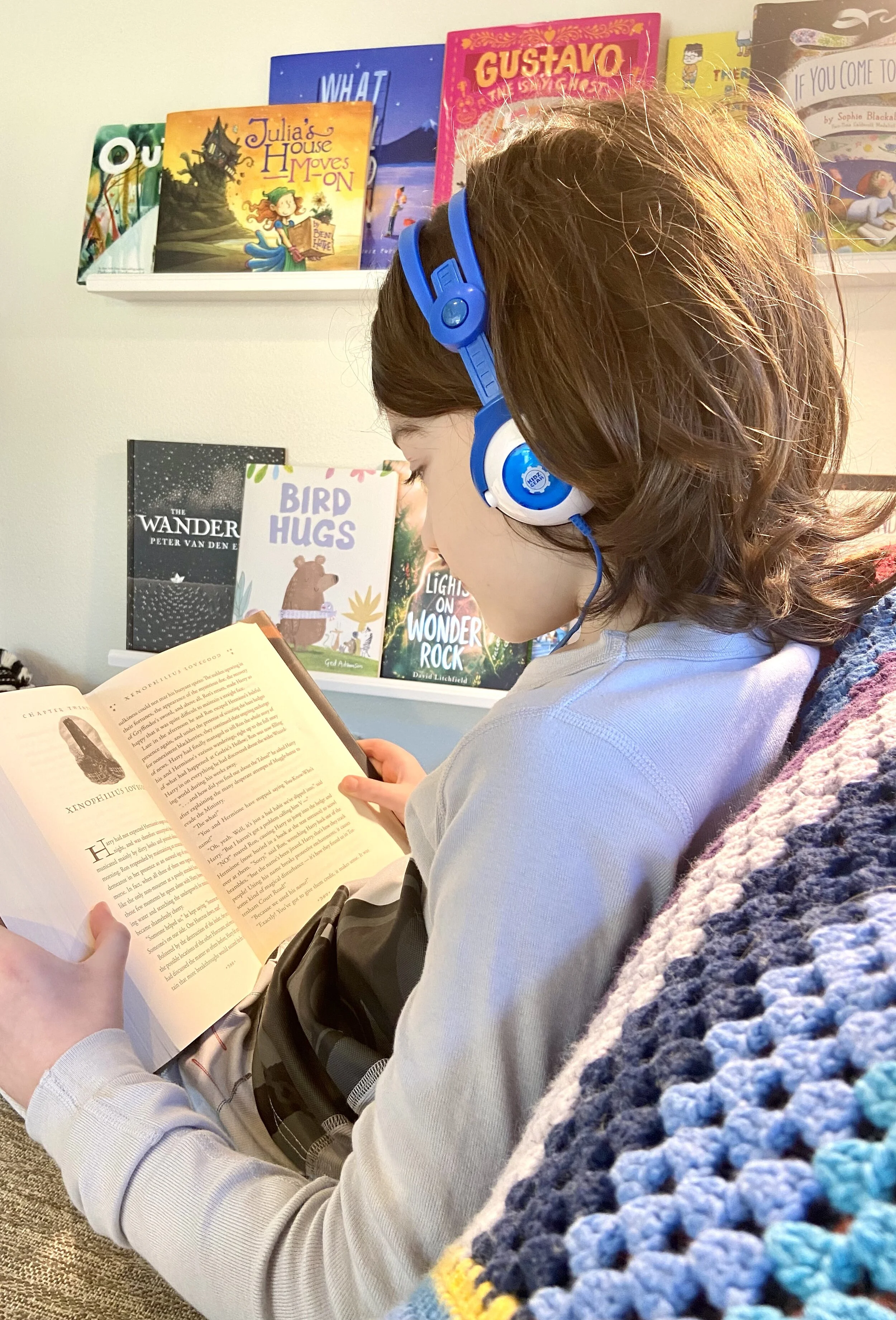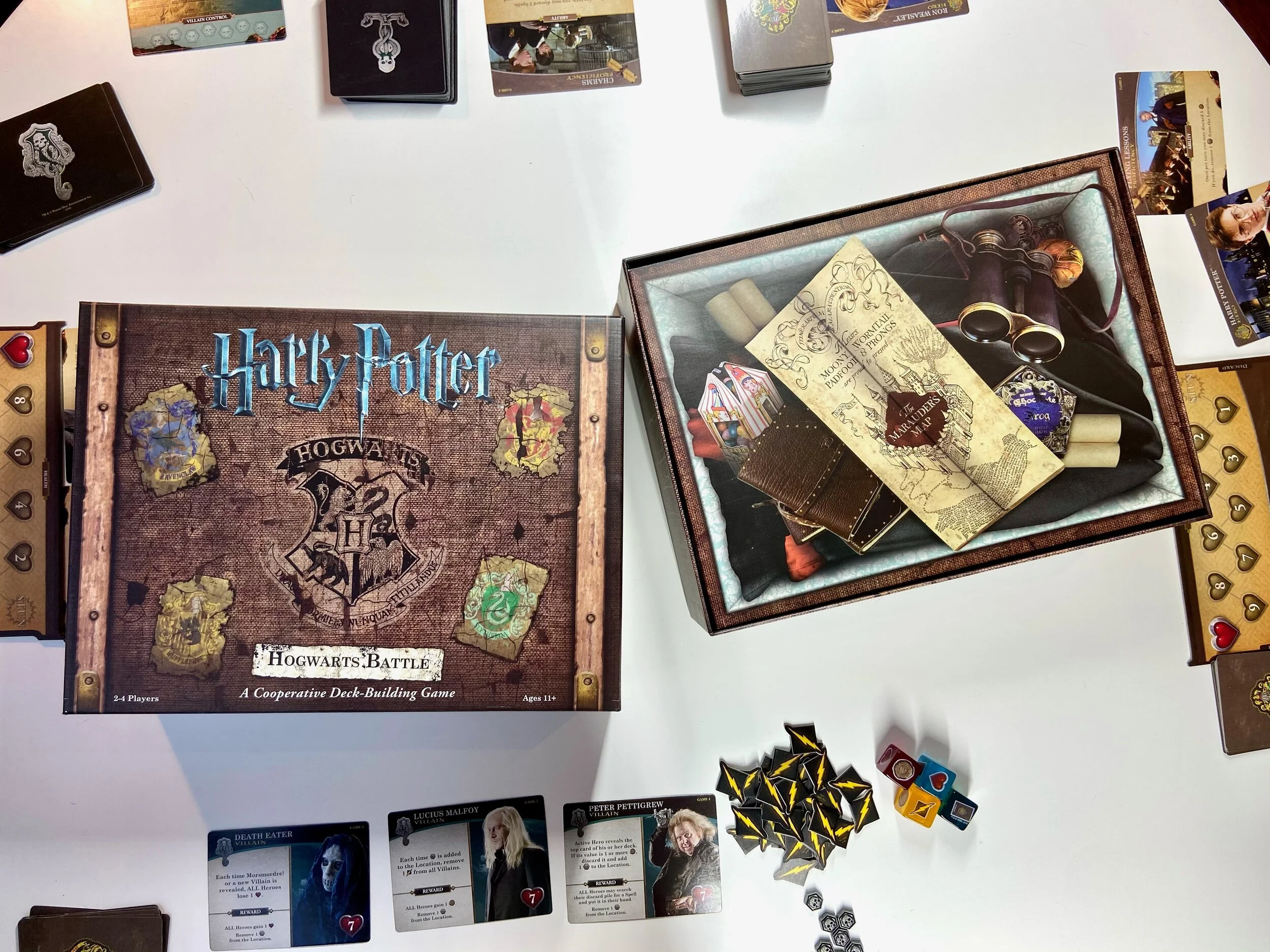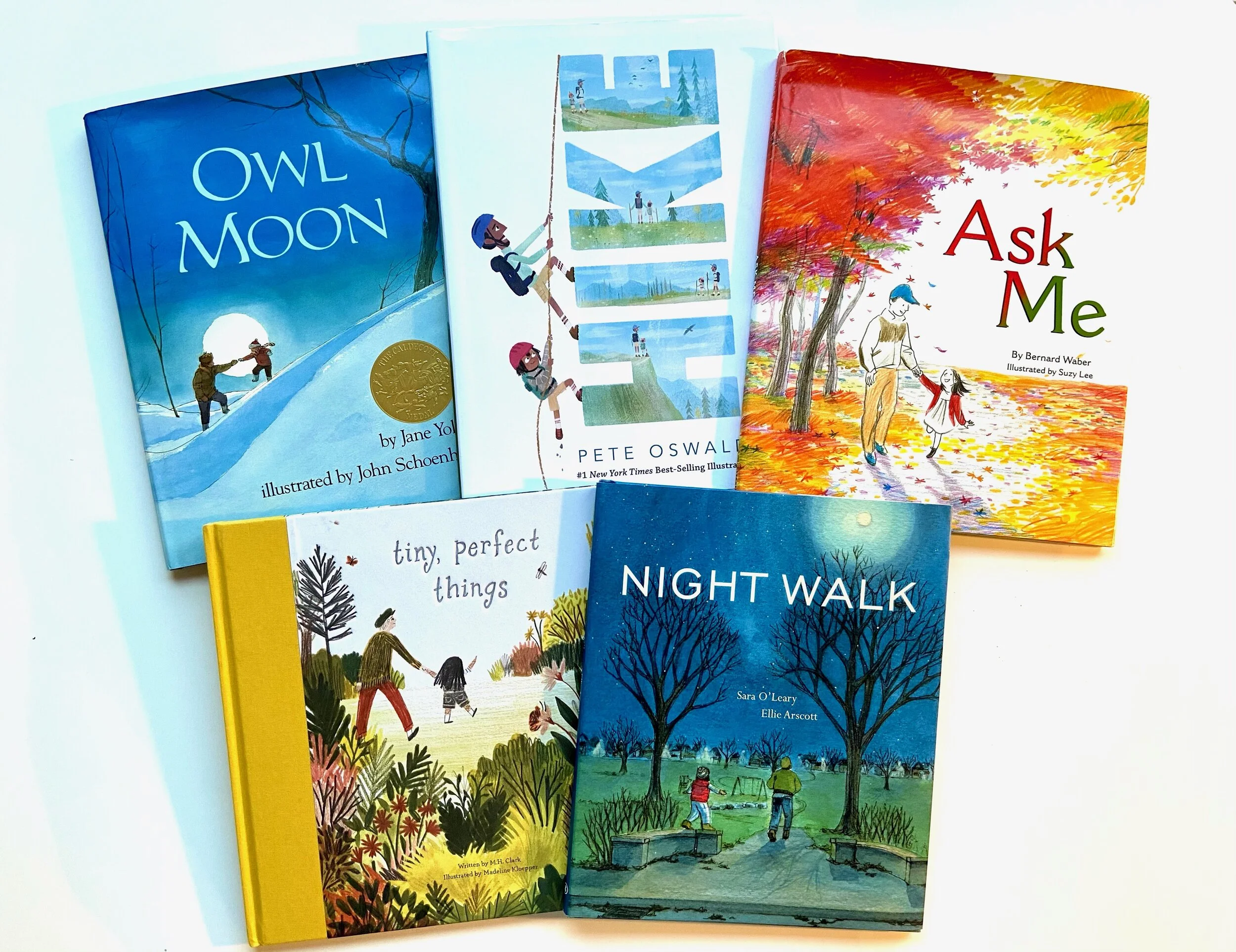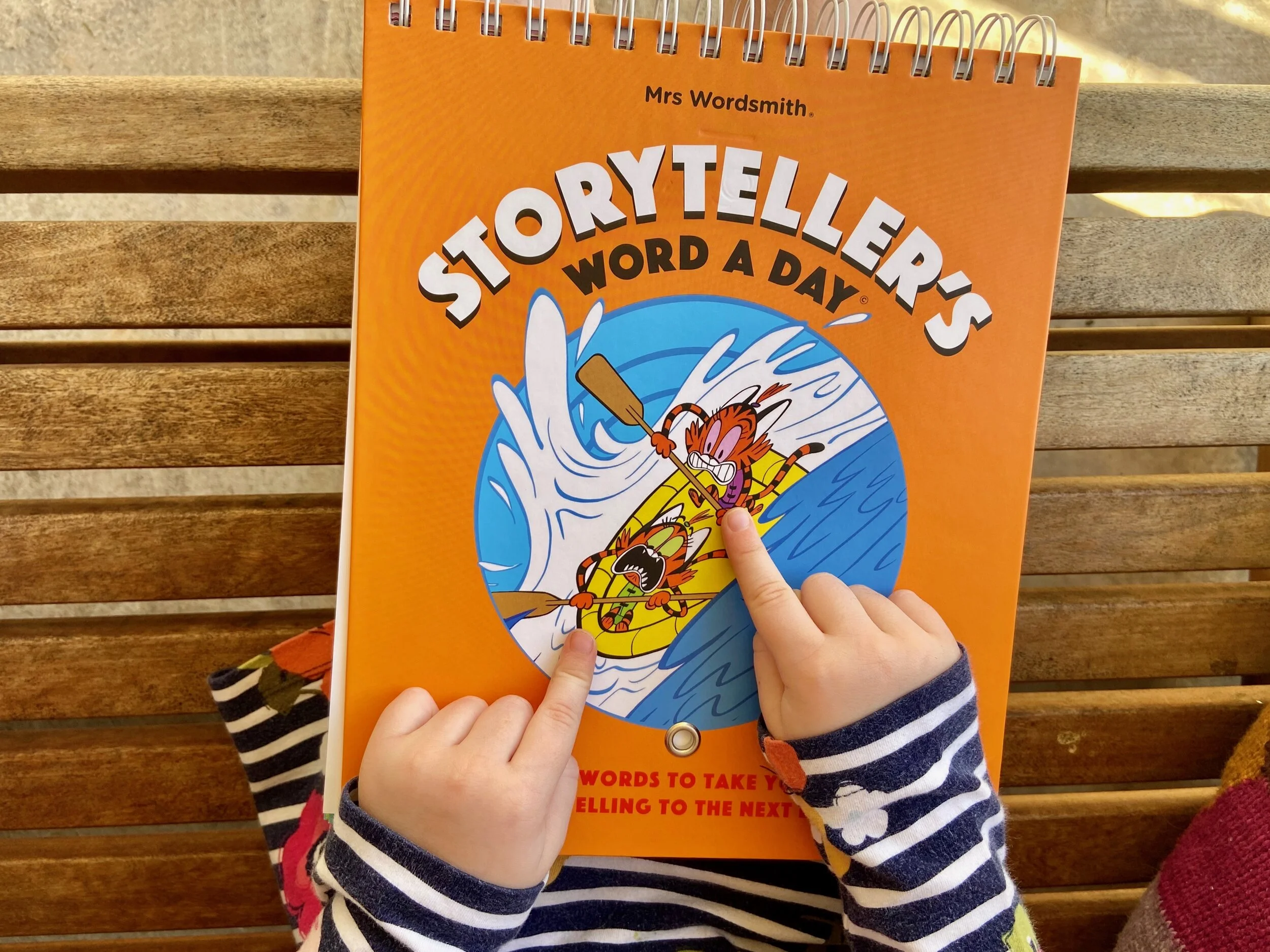Closing the Million Word Gap
I’m passionate about literacy and reading to kids. As a dad I’ve seen some pretty incredible anecdotal evidence that suggests that reading to kids every day has amazing benefits. And, believe me, I’m not just talking about traditional academic benefits. If that was the case, I wouldn’t be nearly so passionate about it. I simply don’t put a lot of stock into that kind of success in and of itself.
On top of the obvious conclusion that a child’s reading ability will allow kids to perform better in our ever-expanding testing culture, it also opens up a lot of possibilities that arguably deserve more attention. For example, books and stories help build up imagination, creativity, and wonder from an early age - skills I find vital for a fulfilling life.
And let’s also not forget about books’ powerful ability to teach and grow empathy and self-esteem. The discussion about mirrors and windows in children’s lit is an important one. And, through reading every day, kids are constantly being given the opportunity to see life through someone else’s eyes - and sometimes relate to characters who feel much like they do.
So to me, when we’re talking about a “word gap” - which simply refers to kids who have been read to less often - it’s about much more than setting kids up for better test scores. It’s also about lost opportunities as well - opportunities to expand your worldview, have meaningful conversations, pursue your passions, and craft out a fulfilling and happy life.
When my 8-year-old son decided he wanted to learn how to be a magician, he simply read several books about magic, and soon he knew far more about magic than I do. Literacy basically immediately unlocks vast treasure troves of knowledge. If my students fall deeply in love with chess I can hand them a chess book for them to pursue their interests further. And if their dream is to pass a lot of tests and get into Harvard, reading helps with that too.
And it can’t be undervalued that a richer vocabulary itself allows for a deeper understanding of the world and of ourselves. It’s easy to see that knowing more words allows you to express your thoughts more clearly to others, but it’s also very much worth considering that it also allows you to organize those same thoughts inside your own head and make sense of the world.
The Million Word Gap
My argument is that literacy is an incredibly useful tool in the human pursuit of a fulfilling life, for the reasons I listed above and for many more. Of course it’s not an entirely necessary tool, but it’s the type of gift that should be given to every child possible. It’s a world-opening gift that unlocks numerous possibilities, and every effort should be made to provide it to all. And that’s why we need to expose kids to books and stories as early and often as possible.
Reading to kids exposes them to a rich vocabulary, far richer than the small list of words we use over and over again in everyday situations. And it also exposes them to the rhythm and cadence of language - or prosody - setting them up to master words and language much more easily.
If you accept that literacy is a beneficial tool in the pursuit of a fulfilling life, and also the evidence that increased vocabulary and familiarity with the cadence of language sets kids up for an easier transition into reading - then the answer is clear. We need to read to kids early and often. If our goal as parents and educators is to set the kids’ in our lives up for success and happiness, it would be incredibly negligent for us to underestimate the importance of books and literacy.
Unfortunately that’s exactly what is still happening all across the U.S., with reading scores way down in many states. And the solution is often to pour millions of dollars into new, shiny reading computer programs for kids in middle school and high school, or to pay to train every single K-12 teacher in the state about phonemes and phonics, when the actual root of the problem remains unaddressed - kids aren’t being read to.
A new 2019 study from Jessica A. R. Logan, Laura M. Justice, Melike Yumus, and Leydi Johana Chaparro-Moreno focuses on a new term - the million word gap. As opposed to the older, problematic study that coined the 30 million word gap, this study focuses on literal hard numbers and is easy to explain. Based on the average number of words in picture books, kids who are read 5 books a day literally hear more than a million more words from story time than kids who aren’t read to.
The other concerning statistic from this study is that almost 25% of parents willingly report never reading to their kids, while an additional 25% report 1 or 2 books a week is standard. But it’s also incredibly important not to demonize parents or shame them. That’s why so many people criticized the old study of the 30 million word gap, and its focus on socioeconomic backgrounds. Personally, it seems much more productive to criticize the system that exists that creates book deserts in the first place, and causes parents to feel stress about not reading to their kids.
I’ve long held the personal belief that our education system in the U.S. could make a dramatic and extremely beneficial structural change. All of these literacy studies point to the same thing - 5 years old is very late to be getting a child that was never read to. And the long-term answer is not spending many millions of dollars on new reading computer programs when they are 12 years old. It’s getting our hands on them earlier and reading them books.
High-quality, universal pre-k is truly the answer to a lot of our problems. An environment where all young kids are read to early and often - and allowed to play a lot with others and build empathy. The whole day should be stories and playing for years. If the nation can figure out a way to add universal pre-k into the education budget - all the better. But, if necessary, I would honestly lop off 11th and 12th grade entirely and see the money so much more effectively spent on the early end of the spectrum.
It’s not a blame game or a shame game. The million word gap simply exists. And it often leads to a vocabulary deficit followed by a literacy deficit. And if, like me, you subscribe to the idea that literacy can be a useful tool for unlocking a lot of possibilities and joy in life - it’s up to all of us to figure out a realistic way to close the million word gap and give that important tool to all kids.
How to Close the Million Word Gap
I recently took part in a campaign on Instagram organized by Tons of Books and Bottles and The Kid Lit Mama, and joined by many thoughtful advocates of children’s literature. The idea was not only to bring attention to the million word gap, but, more importantly, to provide a bevy of free resources for parents and educators to immediately start closing the gap.
Remember that audio books are a great and accessible alternative with many of the same literacy benefits.
Going back to criticizing that system of ours that created this mess to begin with - with book deserts and half of parents self-reporting that one or two books a week is the maximum - it’s important to keep in mind that there are dozens of potential roadblocks to closing the million word gap. First and foremost, it’s the availability of books and it’s a lack time. Lack of parental interest is naturally part of the equation in there somewhere, but that is a much bigger fish to fry.
While it might be tempting to say that it’s up to the parents to find time for such an important gift to kids - it’s important to remember that many families might quite literally not have the time. Working multiple jobs is a big culprit of that, and that of course brings us back to criticizing the entire system again. Universal quality time with our kids is all so frustratingly highly dependent on how much your government values things like a minimum livable wage or childcare leave.
But, short of the U.S. adopting the thoughtful social programs of Scandinavian countries anytime soon, that doesn’t help parents in the U.S. close the million word gap right now. So if you find yourself short on books and/or time, it’s important to know that there are other ways to close the gap other than traditional read alouds.
If time is the primary limiting factor, my own personal recommendation is to take a deep dive into audio books. They are a wonderful alternative when read alouds aren’t possible, with many of the same benefits of vocab building. And it’s actually a lot of fun to listen together as a family - even if time isn’t a limiting factor.
You can check out audio books from almost all public libraries these days, even from your own device while sitting at home. You can also check out Librivox.org for books in the public domain, and Stories.Audible.com for a wonderful assortment of free audio books while schools are out during the pandemic.
On the other hand, if access to physical books is the limiting factor, there are lots of people dedicating their lives to getting books into the hands of kids. There are many non-profit organizations that are entirely dedicated to sending books to families, like Dolly Parton’s Imagination Library. And, of course, the first place to check is your local library - or maybe even a nearby Little Free Library.
At the end of the day, it’s simply about identifying something that is powerfully good for all of our kids, and figuring out how to get it done together. And, luckily, lots of wonderful programs continue to do their best to make it easier and easier to share stories with kids.
Take the Pledge to Close the Million Word Gap
The creators of the campaign to close the million word gap also provided a pledge for adults to take - which focuses on both the academic and social benefits of reading to kids. If you want to join in and pledge to do your part to help close the million word gap, it goes like this:
I will try to find ways to expose the 0-5 year olds in my life to 5 books daily, and will continue to read aloud to them even after they start school.
I will try to prioritize diverse and inclusive books.
I will try to incorporate interactive reading, and I will do the voices and make it fun.
I will share my knowledge of free, accessible, and inclusive literacy resources.
I will advocate for literacy, and share my knowledge about the million word gap, and offer potential ways to bridge it.
Literacy Resources
And, in keeping with the pledge, here is a list of free and accessible literacy resources to use - or maybe even get involved with - to help us all close the million word gap. Some of them help with simple access to books, while others offer helpful read aloud alternatives. While sitting with your child in your lap every night reading a pile of books is beautiful and beneficial in so many ways, it’s also not the one and only way to benefit from the magic of storytelling.
Dolly Parton’s Imagination Library
The Canadian Children’s Book Centre
Loving Little Minds Home Library Project
And, of course, your local library!
Are you up for taking the pledge to help close the million word gap? Do you have any other great literacy non-profits or free literacy resources in mind? Let us know in the comments!
